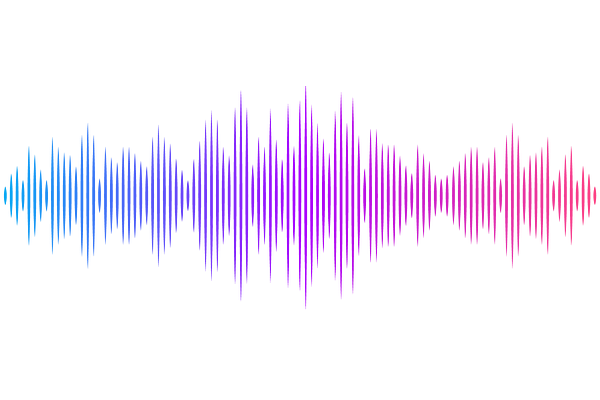Indirect genetic effects increase the heritable variation available to selection and are largest for behaviours: a meta-analysis

Indirect genetic effects increase the heritable variation available to selection and are largest for behaviours: a meta-analysis
Santostefano, F.; Moiron, M.; Sanchez-Tojar, A.; Fisher, D. N.
AbstractThe rate of trait evolution is governed by the amount of heritable variation available to selection. While this is typically quantified based on genetic variation in a focal individual for its own traits (direct genetic effects, DGEs), when social interactions occur, genetic variation in interacting partners can influence a focal individual\'s traits (indirect genetic effects, IGEs). Theory and studies on domesticated species have suggested IGEs can greatly impact evolutionary trajectories, but whether this is true more broadly remains unclear. Here we perform a systematic review and meta-analysis to quantify the amount of trait variance explained by IGEs and the contribution of IGEs to predictions of evolutionary change. We identified 180 effect sizes from 47 studies across 21 species and found that, on average, IGEs account for a small but statistically significant amount of phenotypic variation (3%). As IGEs affect the trait values of each interacting group member and due to a typically positive - although statistically nonsignificant - correlation with DGEs (rDGE-IGE = 0.25), IGEs ultimately increase trait heritability substantially from 26% (narrow-sense heritability) to 40% (total heritable variance). This 54% average increase in heritability suggests IGEs have a great potential to enhance the rate of evolution. Furthermore, IGEs were most prominent for behavioural traits, and to a lesser extent for reproduction and survival, in contrast to morphological, metabolic, physiological, and development traits. Our meta-analysis therefore shows that IGEs tend to enhance the rate of evolution, especially for traits tightly related to interactions with other individuals such as behaviour and reproduction.